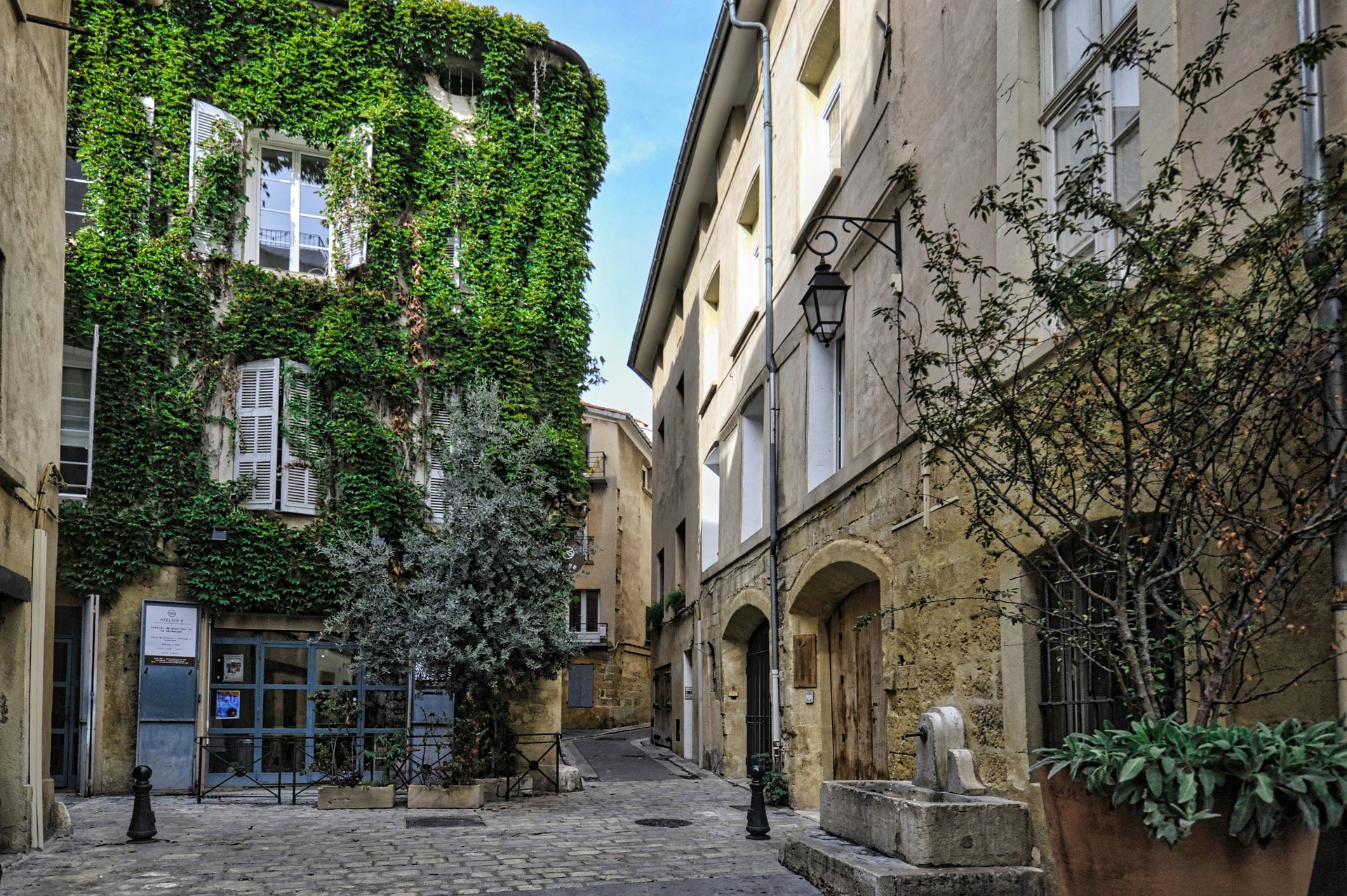INHERIT in a nutshell
INHERIT is a three-year European project funded by the Horizon Europe research and innovation programme that aims to enable socially innovative and economic viable interventions at different urban levels covering all relevant aspects of the heritage-built environment’s life cycle: (1) Design and renovation; (2) Monitoring, operation and management; (3) Preservation and maintenance.
The Consortium of the project includes 19 partners from 13 Countries: Greece, Spain, Austria, Germany, Netherlands, Italy, Croatia, France, Latvia, Poland, Sweden, Turkey and United Kingdom.
Eight locations
INHERIT will be demonstrated and validated in 8 real-life Cultural Heitage (CH) sites across 8 countries: Croatia, France, Greece, Latvia, Poland, Spain, Sweden and Turkey. The geographical coverage of the selected heritage buildings aims to support the large-scale EU-wide replicability of the INHERIT solutions in different socio-economic, cultural, political contexts to maximise the impact of INHERIT across Europe.
Cultural Heritage buildings
The heterogeneity of the CH buildings implies a need for differentiated renovation strategies and targeted policies along the heritage-built environment’s life cycle that promote energy efficiency, sustainability, inclusiveness and resource efficiency, while preserving cultural heritage value.
Cooperation and exchange
INHERIT aims to actively promote the exchange of knowledge and best practices among interested stakeholders. Therefore, it will create a capacity building programme addressing heritage operators and stakeholders (including large companies, SMEs, public authorities, research organisations and citizens) to support sustainable CH with particular focus on New European Bauhaus (NEB) community and projects and will work on policy recommendations towards sustainable heritage.
Objectives
The overall vision of INHERIT is to create a systematic methodology, accompanied by leading edge Information and Communication Technologies (ICTs), such as Internet of Things (IoT), Artificial Intelligence (AI) and (big) data analytics, and associated social/behavioural practices, towards sustainable, inclusive and resource-efficient CH solutions. To do so it relies on six measurable, realistic and achievable objectives:
- To engage stakeholders in a co-creation process for designing the INHERIT approach, enabling assessment, analysis and decision support for an open, accessible, inclusive, resilient, sustainable and low-emission CH;
- To propose a novel framework for inspecting, monitoring, assessing the CH and a catalogue of tailor-made cost-effective solutions across key thematic pillars (energy, resources, climate resilience and inclusiveness);
- To design and build an ICT-based platform, enabling data sharing and data-driven services to support decision making and analysis from CH stakeholders;
- To test and evaluate the services with the relevant stakeholders in 8 pilots across EU and pave the way for their exploitation and sustainability plans;
- To provide a capacity building programme and make it available to CH stakeholders, facilitating the replication and sustainability of the INHERIT solutions;
- To deliver an open and transparent promotion of the INHERIT results through a comprehensive dissemination, communication and exploitation strategy.
Project duration: 42 months
Budget: ~5M
More information: https://inheritproject.eu/
Pilot 1: City Administration Quarters

Pilot 2: Le Printemps de Metz landmark building

Pilot 3: ELLET Building
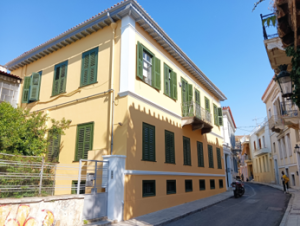
Pilot 4: Concert Hall
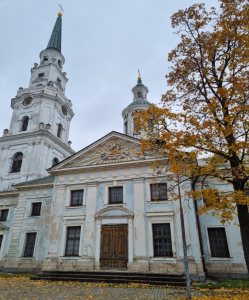
Pilot 5: Social residential buildings in Gdynia
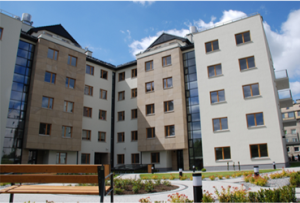
Pilot 6: Monastery Ntra Sra. Del Prado
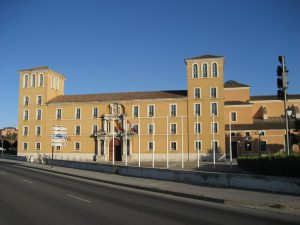
Pilot 7: City of Visby, Unesco World Heritage Site
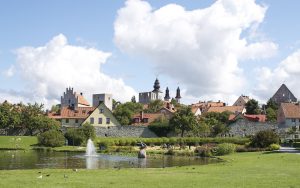
Pilot 8: Ahmet Piristina Izmir City Archive and Museum
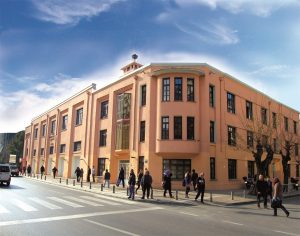

The project has received funding from the European Union’s Horizon Europe research and innovation programme under grant agreement No 101123326.

